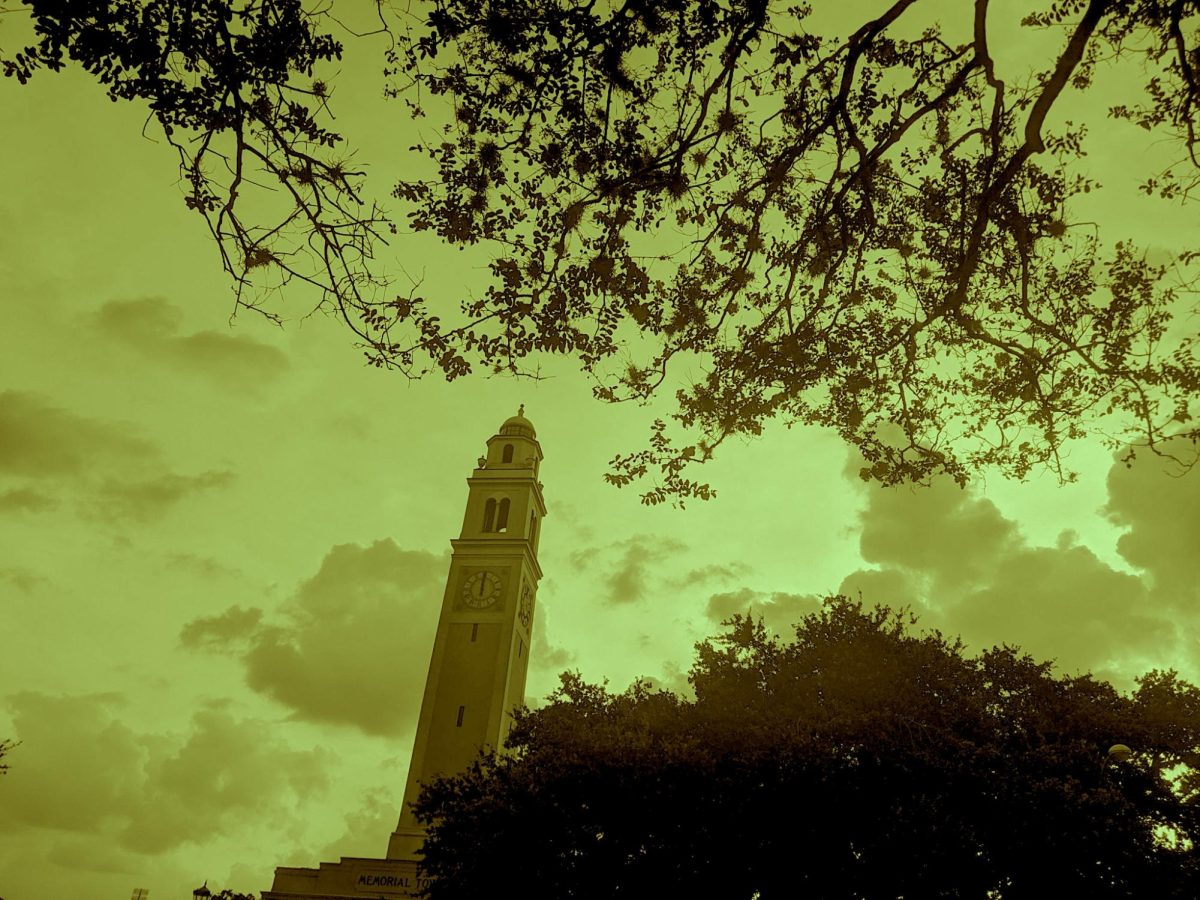Today marks the 35th anniversary of a court ruling that has brought into question issues such as privacy, women’s rights and the exact biological moment when human life begins.
The Supreme Court legalized abortion in Roe v. Wade on Jan. 22, 1973.
Prior to the court’s ruling, abortion was illegal in the United States.
“Texas and plenty of states in the union made it criminal to abort a fetus or to participate in such an abortion,” said Paul R. Baier, law professor.
When Jane Roe became pregnant she was legally unable to get an abortion.
“She brought to suit and what she said was, ‘This statute, which deprives me of my rights to obtain an abortion, absolutely puts me in jail, violates my liberty and it violates my privacy,'” Baier said.
The court agreed with Roe’s claim by a vote of seven to two.
Some University students agree with the court’s ruling to protect the freedom of choice and privacy.
“Pro-choice to me is not necessarily me determining somebody else’s life, it’s me allowing that person to make an educated choice to have or not to have an abortion,” said Laura Stead, social work graduate student and administrator of the Facebook group “Keep Your Laws Off My Body,” which is comprised of LSU students.
Stead said most advocates of abortion rights do not like the idea of abortion, and many are actually opposed to abortion. Still, they support privacy and respect for a woman’s right to choose.
“It’s just the belief that as an individual, I shouldn’t impose my values on another person to determine their reproductive rights,” Stead said.
There are also University students who are anti-abortion.
“Our position is that there is a sanctity of human life and that it should be protected from conception until natural death,” said Kim Monteleone, political science junior and president of Students for Life.
“There’s a dignity to every human life, an infinite dignity that cannot be decided to be taken away or destroyed by another person,” said Monteleone.
Stead said abortion does not damage a woman’s reproductive organs and is not unhealthy for a woman.
“A lot of ‘pro-lifers’ like to say that it decreases your opportunity or your susceptibility to getting pregnant again, and that’s certainly not true,” Stead said.
However, Monteleone said abortion can be harmful to women.
“People don’t want to discuss whether or not it’s good for the woman,” said Monteleone. “A large part of why we’re pro-life is that we believe abortion is very bad for women as well.”
Both Stead and Monteleone said abortion will be a major issue in the 2008 presidential election. Each said she believes some candidates will tell the voters they are anti-abortion in order to get votes from the conservative and Christian voters.
Monteleone said she believes the court ruling will be overturned at some point in the future.
“Abortion will one day be looked back on as a huge abuse to humanity,” Monteleone said.
Stead said she does not expect abortion to be made illegal.
“I don’t necessarily think Roe v. Wade will ever be overturned, at least not in my lifetime,” Stead said.
To commemorate the anniversary of Roe v. Wade, some members of Students for Life are going to Washington, D.C., to march for the overturning of the court decision.
“There is a march for life to show that there are supporters of the pro-life stance and that there’s a large amount of Americans who strongly oppose abortion,” Monteleone said.
Stead said she does not know of anything abortion rights advocates do to commemorate Jan. 22. However, they are always lobbying for abortion rights.
“It just seems that every year there’s some piece of legislation that the ACLU and Planned Parenthood kind of rallies up the troops to go argue against,” said Stead. “So it’s an ongoing battle.”
—-Contact Lindsay Rabalais at [email protected]
Students discuss Roe v. Wade case
January 21, 2008





